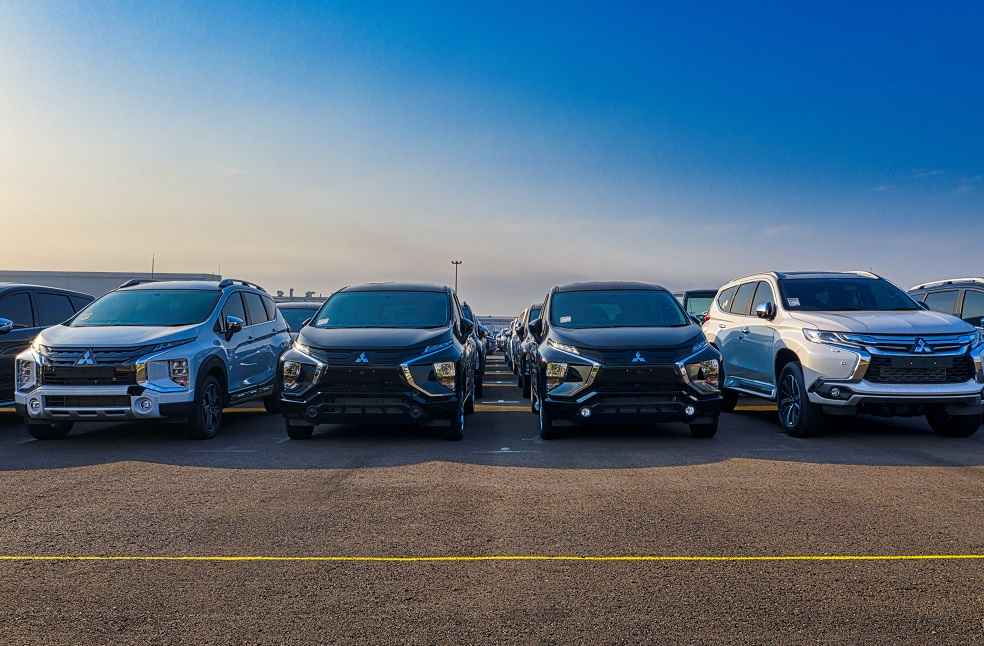Global auto manufacturers, grappling with geopolitical conflicts, are witnessing Chinese firms advancing and carving a significant niche in the Russian automobile market. This year, Russia has transformed into their primary export destination. Data from the China Association of Automobile Manufacturers highlights a substantial rise in China’s foothold in the Russian auto sector, a landscape that has been deserted by international competition.
Chinese car makers dispatched an impressive 287,000 vehicles towards Russia within the initial five months of the year, dwarfing the relatively humble 159,000 units exported to their secondary market, Mexico. This sudden uptick starkly contrasts with the total 162,000 vehicles exported to Russia throughout the previous year.

State-owned manufacturers, namely Chery, Geely, and Great Wall, are at the forefront of China’s auto export drive into Russia. Their collective effort accounted for a substantial one-third of all new car sales in Russia during the first half of this year. SUV models like Chery’s Tiggo 7 Pro, Geely’s Coolray, and Great Wall’s Haval series, in particular, are gaining ground.
Despite their commercial success, these brands haven’t sidestepped controversy. The Ukrainian government pointedly categorized Geely and Great Wall as “sponsors of war”, a symbolic blacklist for companies persisting to operate in Russia, although it lacks legal bite.
Big-name players, including Toyota, Volkswagen, Apple, and McDonald’s, have shunned the Russian market, a reaction to the economic sanctions ignited by the Ukraine invasion that began last year. Certain laggards in this exodus, like Renault and Japan’s Fast Retailing, owner of Uniqlo, faced the wrath of consumers in the form of boycotts.

Of importance is the recognition that Chinese auto brands are components in an intricate international network. Notably, Geely and its founder, Li Shufu, commandeer esteemed Swedish companies, Volvo Car and Polestar. Geely’s electric-vehicle brand, Zeekr, is teaming up with Google’s autonomous vehicle project, Waymo, to venture into Europe and the Middle East.
Current shifts within the global auto industry provoke speculation on long-term effects. Yet, as of now, Chinese automakers are adeptly exploiting the unique circumstances arising from geopolitical friction, thereby reshaping the industry’s narrative to their advantage.
TRENDING | Komatsu Restarts US-Based HM400-5 Truck Production





